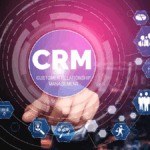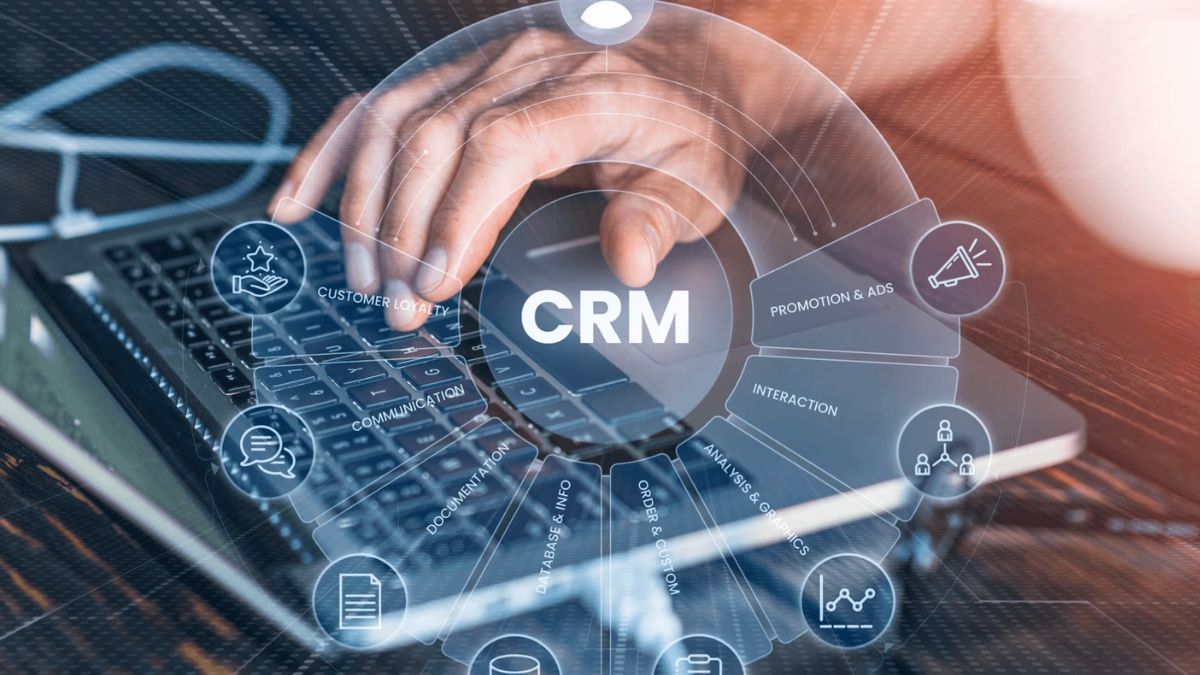For small businesses, building strong relationships with customers is essential for growth. However, managing those relationships manually becomes difficult as your customer base grows. That’s where Customer Relationship Management (CRM) software comes in. The right CRM tool can streamline communication, improve sales, and enhance customer service—without breaking the bank.
Let’s explore why CRM is crucial for small businesses and review some affordable CRM tools that truly deliver.
Why Small Businesses Need CRM
Many small businesses rely on spreadsheets, sticky notes, or shared inboxes to manage leads and customer information. While these methods may work in the beginning, they quickly become inefficient.
A CRM system helps by:
- Centralizing customer data
- Tracking every interaction
- Automating routine tasks
- Improving team collaboration
- Providing insights through reports
This leads to better customer experiences, higher conversion rates, and stronger long-term relationships.
What to Look for in a CRM for Small Business
When choosing a CRM, affordability is important—but so are ease of use and relevant features. Small businesses often have limited time and resources, so the ideal CRM should be:
- User-friendly: Easy to learn and use without formal training
- Cost-effective: Offers a free or low-cost plan
- Feature-rich: Includes lead tracking, contact management, email integration, and reporting
- Scalable: Can grow with your business
Here are some of the best CRM tools that check these boxes.
Top Affordable CRM Tools for Small Businesses
1. HubSpot CRM (Free & Paid Plans)
Best for: Beginners looking for an all-in-one solution
HubSpot offers a robust free plan with unlimited users. It includes contact management, email tracking, deal pipelines, and reporting dashboards. You can upgrade later to access marketing automation, custom reporting, and more.
2. Zoho CRM (Free for 3 Users)
Best for: Customization and integrations
Zoho CRM is flexible and scalable. The free plan includes lead management, workflow rules, and email templates. Paid plans start at a very affordable rate and offer deeper analytics and automation.
3. Freshsales by Freshworks
Best for: Sales-focused teams
Freshsales offers built-in phone and email, lead scoring, and activity tracking. Its free plan supports essential CRM features, while the paid plans are cost-effective and scale well.
4. Agile CRM (Free for 10 Users)
Best for: Small teams needing marketing tools
Agile CRM is ideal for businesses looking for a blend of sales and marketing tools. The free version includes email campaigns, custom deal tracking, and integrations with apps like Gmail and LinkedIn.
5. Really Simple Systems CRM
Best for: Very small teams and first-time users
This cloud-based CRM is easy to set up and comes with basic contact and task management tools. The free version supports up to 2 users and offers essential features.
How to Choose the Right CRM
Here are a few tips to help you pick the best CRM for your business:
- Start with a free trial: Most CRM platforms offer trial periods. Use them to evaluate the interface and features.
- Ask your team: Make sure the CRM works for sales, marketing, and support teams alike.
- Check mobile access: If your team works remotely or travels often, ensure the CRM has a reliable mobile app.
- Review integration options: Look for compatibility with your existing tools like Gmail, Outlook, Mailchimp, or QuickBooks.
Conclusion
CRM software is no longer a luxury—it’s a necessity for small businesses aiming to grow efficiently. The good news is that there are plenty of affordable CRM solutions that offer great value. Whether you’re tracking leads, managing customer relationships, or boosting sales, the right CRM will help you do it better and faster.
Start with a free version, understand your needs, and scale up as your business grows. The investment you make in a CRM today can pay off with stronger customer connections and improved profitability tomorrow.











